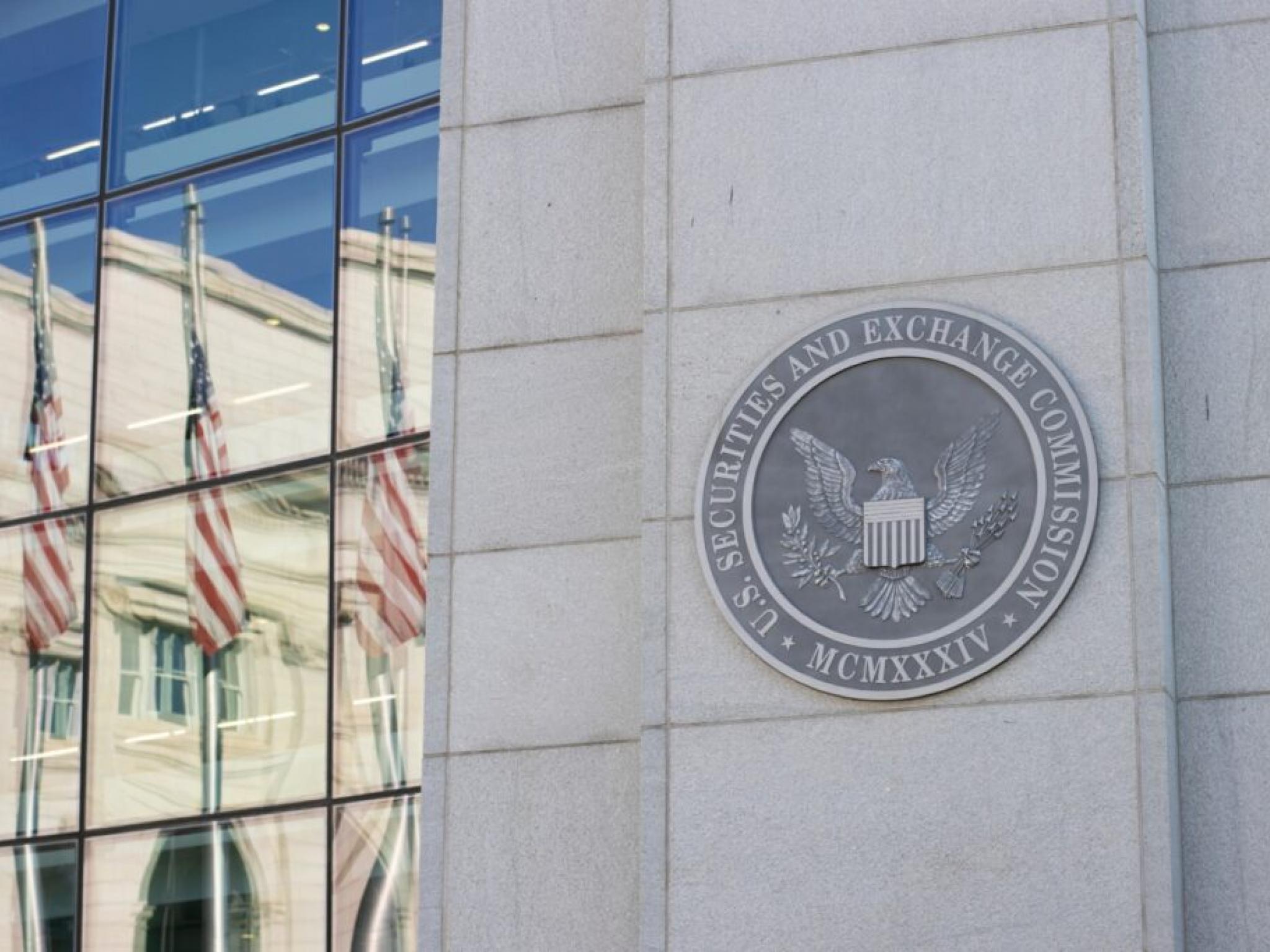
The Securities and Exchange Commission's aggressive stance on the cryptocurrency industry may soon be replaced with a more accommodating regulatory approach.
What Happened: With SEC Chair Gary Gensler set to leave office in January and President-elect Donald Trump preparing to appoint a new SEC chair, the stage is set for a major shift in how the crypto market is governed, according to The Wall Street Journal.
Gensler's tenure was marked by high-profile lawsuits against major crypto exchanges, including Coinbase (NASDAQ:COIN), Binance (CRYPTO: BNB) and Kraken, for allegedly operating unlicensed securities platforms.
However, the incoming administration's pro-crypto stance suggests that this adversarial approach may be dismantled.
Trump's return to the White House signals a potential transformation in U.S. crypto regulation.
Once a critic of digital assets, he has embraced the industry in his second term, vowing to position the United States as a leader in the crypto space.
Legal experts expect that the next SEC chair will seek to settle ongoing lawsuits and implement new rules tailored to the unique characteristics of digital assets.
Robert Stebbins, a former SEC General Counsel and a contender for the SEC chair position said, "to the extent there are no fraud claims involved, my sense is the commission would be likely to dismiss those cases in the future.”
Also Read: Ethereum ETF With Integrated Staking To Be Approved In The Future: Bernstein
Gensler's enforcement-driven legacy focused on targeting crypto exchanges as central players in what he deemed a noncompliant market.
Following the collapse of FTX and other major crypto firms in 2022, the SEC ramped up its legal campaign, accusing exchanges of selling unregistered securities and violating investor protection laws.
While Gensler argued that these actions were necessary to safeguard investors, critics contend that his approach was inefficient and created legal inconsistencies.
U.S. District Judge Amy Berman Jackson, in a partial ruling against the SEC's case against Binance, noted that the "case-by-case, coin-by-coin" litigation strategy risked inconsistent outcomes.
Industry leaders have long argued that existing securities laws are incompatible with the decentralized nature of cryptocurrencies.
Coinbase, one of the SEC's primary targets, compared digital assets to collectibles such as baseball cards rather than securities.
The litigation has placed significant pressure on exchanges, many of which have resisted settlements that would require them to delist tokens or radically restructure their operations.
With Gensler's exit, the crypto industry sees an opportunity for a regulatory reset.
Trump's campaign promises include reducing regulatory burdens and fostering innovation in the crypto space.
What’s Next: Legal experts predict that a more collaborative regulatory framework could emerge, balancing investor protections with the industry's need for clarity and growth.
Read Next:
Image: Shutterstock







